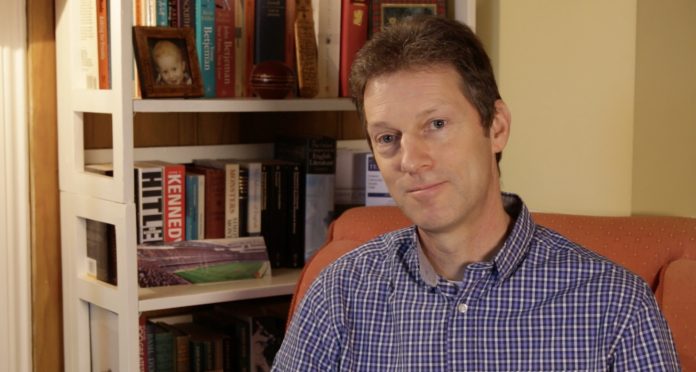Is the Church of England pro or anti gay? That was how much of the coverage framed the recent debate in General Synod, the equivalent of the Church’s parliament, about whether to allow clergy to bless same-sex partnerships. The fact that I, along with a group of other same-sex attracted synod members, spoke and voted against the motion, reveals that the reality is more complex.
The turning point of my life came when, largely out of intellectual curiosity, I read one of the New Testament Gospels. To my great surprise, I was captivated by Jesus Christ. Convinced of his lordship and his love for me, I resolved to follow him and, although I often fail, I have sought to do so ever since in all areas of life, including my sexuality. This is why the decision of Synod feels so personal for me.
Until now, the Church of England has been clear, along with Christians down the ages and throughout the world, that the place for sex is within the marriage of a man and a woman. That has been costly for all Christians, especially for those, whether gay or straight, who have sought to be celibate out of faithfulness to Christ; but now we are being told, in effect, that we need not have bothered.
There is no disagreement between the different wings of the Church about the importance of welcoming everyone to our churches, whatever their sexuality or relational circumstances. The division is about sex and, more fundamentally, about the basis on which we make decisions concerning disputed matters of this nature. Anglicans have always, in obedience to Christ, recognised Scripture as our supreme authority, while using our reason and taking the tradition of the Church very seriously. However, advocates of change have appealed, not to Scripture and tradition, but to experience and contemporary culture.
One striking feature was the surprising level of agreement between gay Christians on each side of the debate
We are told that we have been left behind and must catch up with the times if we are to expect people to come to church. But why should they bother if all they hear is an echo of what the wider world is saying? There are still lots of committed young Christians, most of whom attend churches where they hear a counter-cultural message, which sticks to the traditional teaching of the Bible.
Evidence from America, where the Episcopal Church has lost 100,000 members since going down the revisionist road, suggests that if the Church of England follows, its membership will become smaller, older and whiter. At this time, when many are beginning to recognise the devastating consequences of the profound individualism of aspects of the sexual revolution, the Church should surely be speaking with renewed prophetic confidence about the better story of God’s intention for sex and marriage and, above all, about Christ.
Read it all at The Spectator



